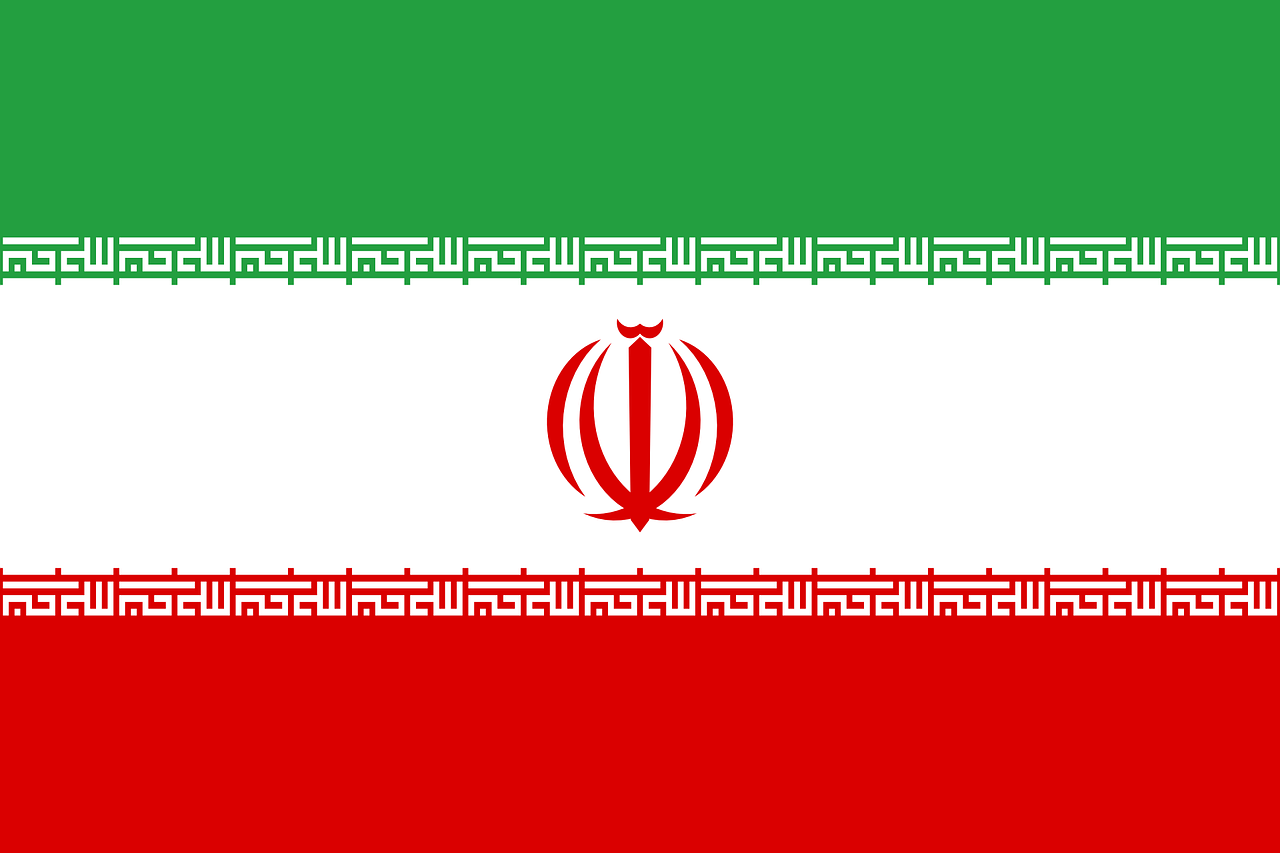
403
Sorry!!
Error! We're sorry, but the page you were
looking for doesn't exist.
Fall of Assad regime presents significant blow to Iran
(MENAFN) The fall of the Assad regime presents a significant blow to Iran and its regional influence, particularly weakening the Iran-led "axis of resistance" comprising Tehran, Baghdad, Damascus, and Beirut, commonly known as the "Shiite crescent." For Israel, this collapse could sever critical logistical routes, hinder Hezbollah's rearmament efforts, and detach Iran's industrial support from the battlefronts on Israel's borders. Additionally, Russia's reduction in military presence in Syria may enhance Israel's operational freedom in the region. However, these shifts also introduce new security threats. Jihadist groups, including remnants of ISIS and other radical factions, could advance closer to Israel's borders in the Golan Heights, and advanced weaponry from Assad's regime may be redirected against Israel. Sunni extremist groups, some backed by Turkey, could also destabilize Israel's surrounding neighborhood. Iran, in an effort to retain regional influence, may support various rebel factions despite the withdrawal of its forces and proxies from Syria.
Israel's primary objectives in Syria are to safeguard its population and sovereignty, prevent hostile elements from infiltrating its borders, and stop the flow of strategic weapons into extremist hands. Israel aims to preserve neighborhood stability, prevent the re-establishment of Iranian supply lines to Hezbollah, and combat the resurgence of ISIS and other jihadist groups. Moreover, Israel seeks to maintain its freedom of action to defend itself and eliminate regional threats. In response, Israel has strengthened its defenses in the Golan Heights since the fall of Assad. This included Operation Saham Bashan, which involved hundreds of airstrikes targeting Syria's military infrastructure, including air defenses, missile depots, and chemical weapon facilities. The Israeli Defense Forces (IDF) have also taken control of Syria’s "separation zone" and Mount Hermon, strategically significant locations overlooking Israel. These measures are presented as temporary steps to bolster Israel’s defensive positions, but Prime Minister Benjamin Netanyahu's remarks suggest a more permanent shift, particularly regarding the Golan Heights. Netanyahu has indicated that the Golan will remain part of Israel, and his government has approved plans to double the Israeli population there, signaling a long-term shift in the region’s geopolitical landscape.
Israel's primary objectives in Syria are to safeguard its population and sovereignty, prevent hostile elements from infiltrating its borders, and stop the flow of strategic weapons into extremist hands. Israel aims to preserve neighborhood stability, prevent the re-establishment of Iranian supply lines to Hezbollah, and combat the resurgence of ISIS and other jihadist groups. Moreover, Israel seeks to maintain its freedom of action to defend itself and eliminate regional threats. In response, Israel has strengthened its defenses in the Golan Heights since the fall of Assad. This included Operation Saham Bashan, which involved hundreds of airstrikes targeting Syria's military infrastructure, including air defenses, missile depots, and chemical weapon facilities. The Israeli Defense Forces (IDF) have also taken control of Syria’s "separation zone" and Mount Hermon, strategically significant locations overlooking Israel. These measures are presented as temporary steps to bolster Israel’s defensive positions, but Prime Minister Benjamin Netanyahu's remarks suggest a more permanent shift, particularly regarding the Golan Heights. Netanyahu has indicated that the Golan will remain part of Israel, and his government has approved plans to double the Israeli population there, signaling a long-term shift in the region’s geopolitical landscape.

Legal Disclaimer:
MENAFN provides the information “as is” without warranty of any kind. We do not accept any responsibility or liability for the accuracy, content, images, videos, licenses, completeness, legality, or reliability of the information contained in this article. If you have any complaints or copyright issues related to this article, kindly contact the provider above.






















Comments
No comment